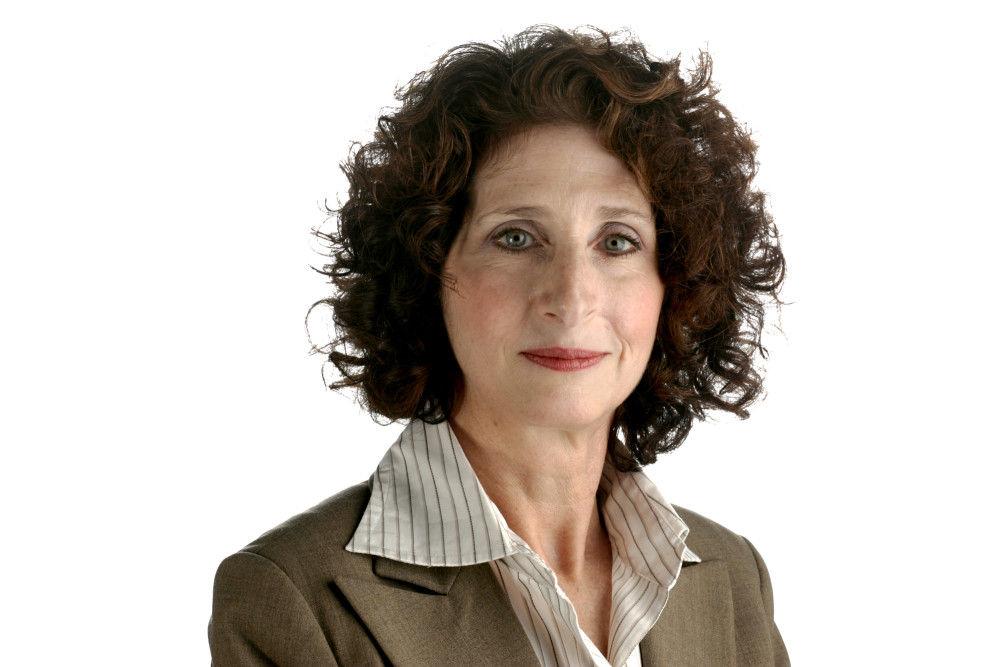By Gail MarksJarvis
Chicago Tribune.
Searching for a place to stash cash is frustrating.
You could put the money in a savings account and earn virtually nothing. You could put it in a money market fund and suffer the same fate.
You could select a short-term bond fund, but you will get little more than you earn in a savings account, and your risk of losing some money will be greater when interest rates start climbing.
Short-term bond funds have typically been popular with financial advisers trying to earn a little more yield for individuals.
Yet Morningstar analyst Samuel Lee said there’s nothing alluring about short-term bond funds now, and he is suggesting a simpler option: bank CDs.
In the current environment of low interest, your best deal would be five-year bank CDs, provided you are willing to skip your local bank and head to an online source such as Bankrate.com to scout for palatable interest rates.
Last week, the site had identified a couple of banks offering 2.27 percent on five-year CDs: Synchrony Bank and Everbank. Barclays was just about as good: 2.25 percent.
Lee’s conclusion is an unusual one for an analyst who makes a living examining exchange-traded funds. But as he looked at 31 short-term bond-traded funds, he concluded they would pose more risk than the CDs, and pay less in interest. CDs from banks typically are Federal Deposit Insurance Corp.-insured, which means you aren’t going to lose money in them, provided you pay attention to the rules.
Yet short-term bond funds are not as safe, because there’s no insurance. If interest rates rise, you can lose some money in short-term bond funds.
As for CDs, pay attention to the penalties.
Lee found Barclays would require you to give up 180 days of interest if you pulled money out of the CD before it matured. Synchrony Bank was imposing a 270-day penalty.
Note that the penalties are capped. You know from the start what will happen if you get antsy about pulling money out early.
That’s not the case with bond funds; including short-term bond funds.
There is no cap on what you can lose, and the loss will happen if interest rates are climbing when you need to withdraw your money.
“If interest rates spike 10 percent overnight, you’d be hit with double-digit losses on all but the shortest-duration bonds, but your CDs will lose almost nothing, and you’ll have the option to reinvest at these higher rates,” Lee said.
Lee makes a point of suggesting bank CDs, not brokered CDs like those you get from a brokerage firm or adviser.
The brokered CDs don’t provide the leeway that bank CDs do with modest penalties. And there are also fees on the brokered version.
“There is no better deal out there” in bonds, Lee said in a Morningstar report. If bond fund operators “PIMCO or BlackRock could invest in 2.3 percent yielding, FDIC-insured five-year CDs, they’d be backing up the truck rather than making do with Treasuries,” he added.
But the FDIC protection you get as an individual isn’t available to investment firms.
Further, if you wanted a 2.25 percent yield on a U.S. Treasury bond, you would have to buy one that wouldn’t mature any earlier than seven years.
Seven years is a long time to lock up money if interest rates and inflation start climbing, and selling a seven-year bond during rising rates will give you a loss.
Corporate bonds are no competition for the safe CDs either, Lee said. Corporate bonds can become losers when the economy or the corporation weakens.
High-yield bonds and bank loans are even more vulnerable in weakening economies.
“I suspect most investors could improve their portfolios by dumping their bond funds for CDs and using their freed-up risk capacity to buy foreign equities, which I believe offer a better risk-reward trade-off than most bonds,” Lee said in a report.
Of course, stocks are not the right choice for people who are saving cash for a purchase or living expenses that must be paid in the next five years.
But if you are saving for many years ahead and have been hoarding cash simply because you are nervous, putting some money in stocks makes sense.
Ultimately, they should provide better returns than the 2.25 percent on CDs.
___
ABOUT THE WRITER
Gail MarksJarvis is a personal finance columnist for the Chicago Tribune and author of “Saving for Retirement Without Living Like a Pauper or Winning the Lottery.”














































































































































































































































































































































































